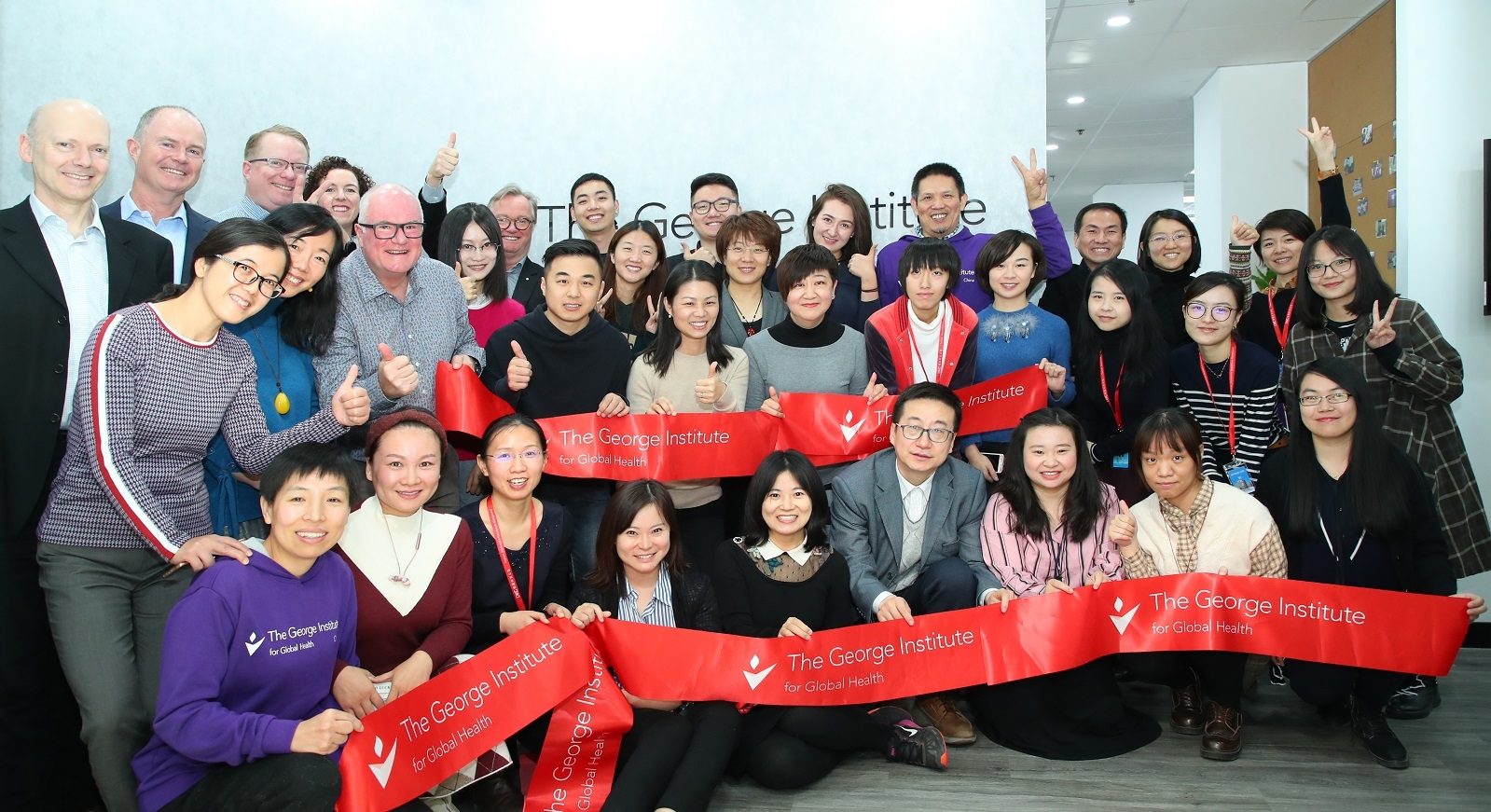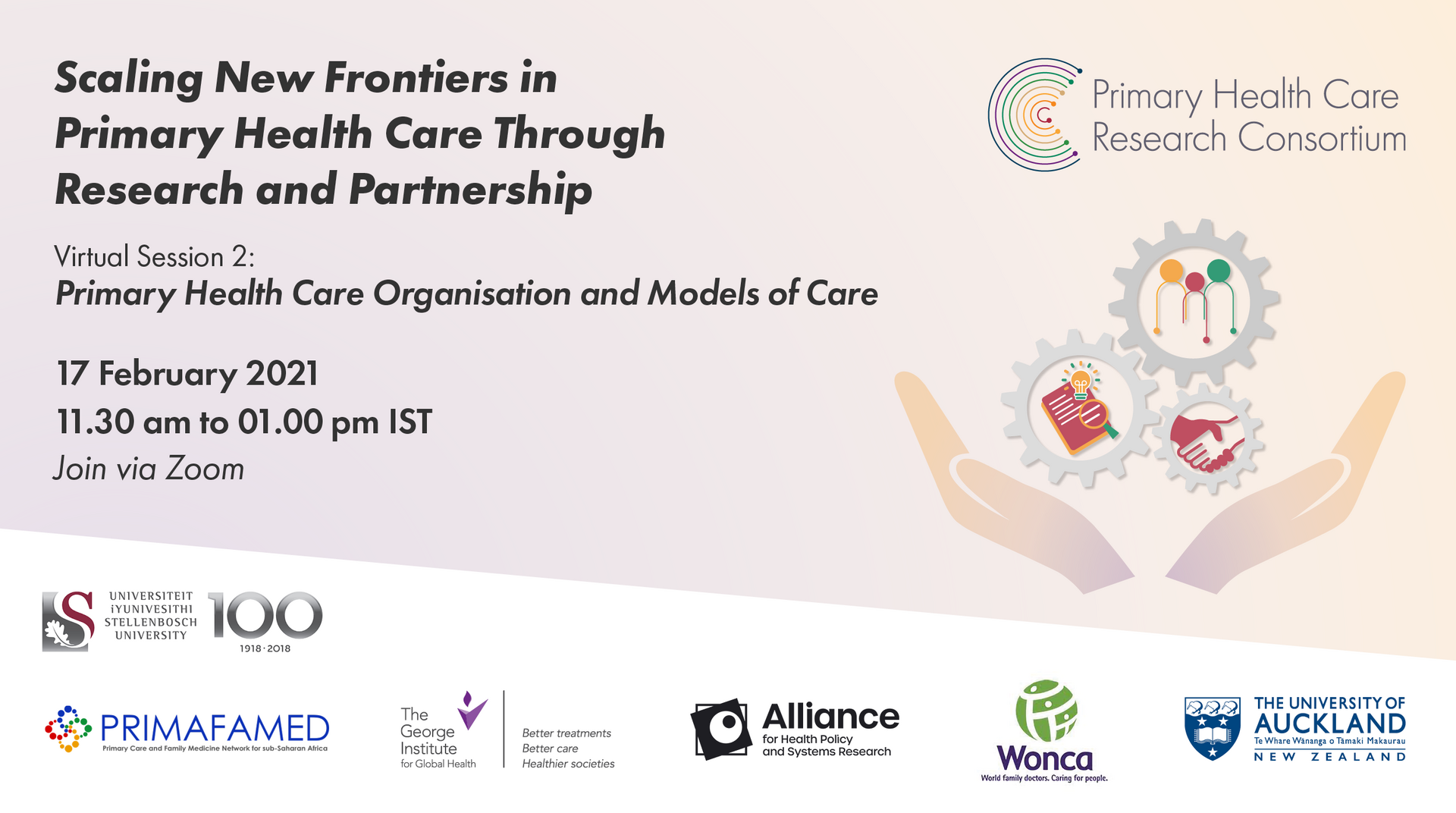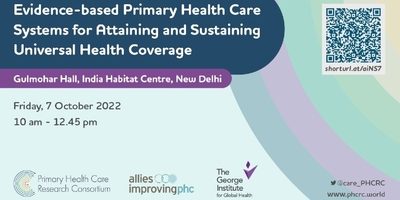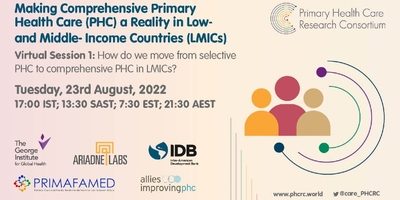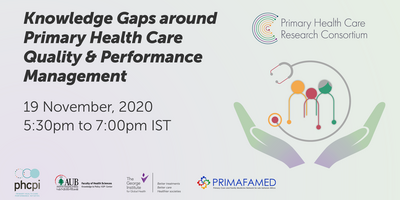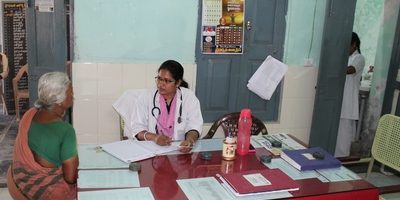The George Institute made a submission to the National Health and Medical Research Council’s (NHMRC) Public Consultation on Research Priorities in Aboriginal and Torres Strait Islander Health.
The submission highlights the need for more research to be conducted into the prominence of systemic racism within Australia’s health system and the impacts on health and wellbeing outcomes for Aboriginal and Torres Strait Islander peoples.
The submission is in line with the National Aboriginal and Torres Strait Islander Health Plan 2013-2023 which has a vision for:
“an Australian health system free of racism and inequality whereby all Aboriginal and Torres Strait Islander people have access to health services that are effective, high quality, appropriate and affordable.”
Keziah Bennett-Brook, Program Lead of the Aboriginal and Torres Strait Islander Health Program at The George Institute says racism is directly linked to the access of health care.
“Racism within Australia’s health system is a major barrier to Aboriginal and Torres Strait Islander peoples’ access to culturally safe health care and impacts the ability to receive the same quality of health care services as non-Indigenous Australians,” Ms Bennett-Brook said.
“We know that racism is a key determinant of health and 2020 was a year that put a spotlight on the capacity for our health systems to respond to a pandemic while the Black Lives Matter movement revealed the pervasive racism of our institutions and society.”
“Within Australia we have seen that racialised injustices continue to occur within our health system. It is imperative we advance our knowledge and evidence within this significant gap to ensure that our health system is culturally safe and responsive to Aboriginal and Torres Strait Islander peoples.”
“While we are pleased to hear of the NHMRC commitment to allocating at least 5 percent of the Medical Research Endowment Account to Aboriginal and Torres Strait Islander health research, we believe this investment needs to be focused on research into health systems and broader social determinants that impact upon ongoing health inequities faced by Aboriginal and Torres Strait Islander peoples,” Ms Bennett-Brook said.



